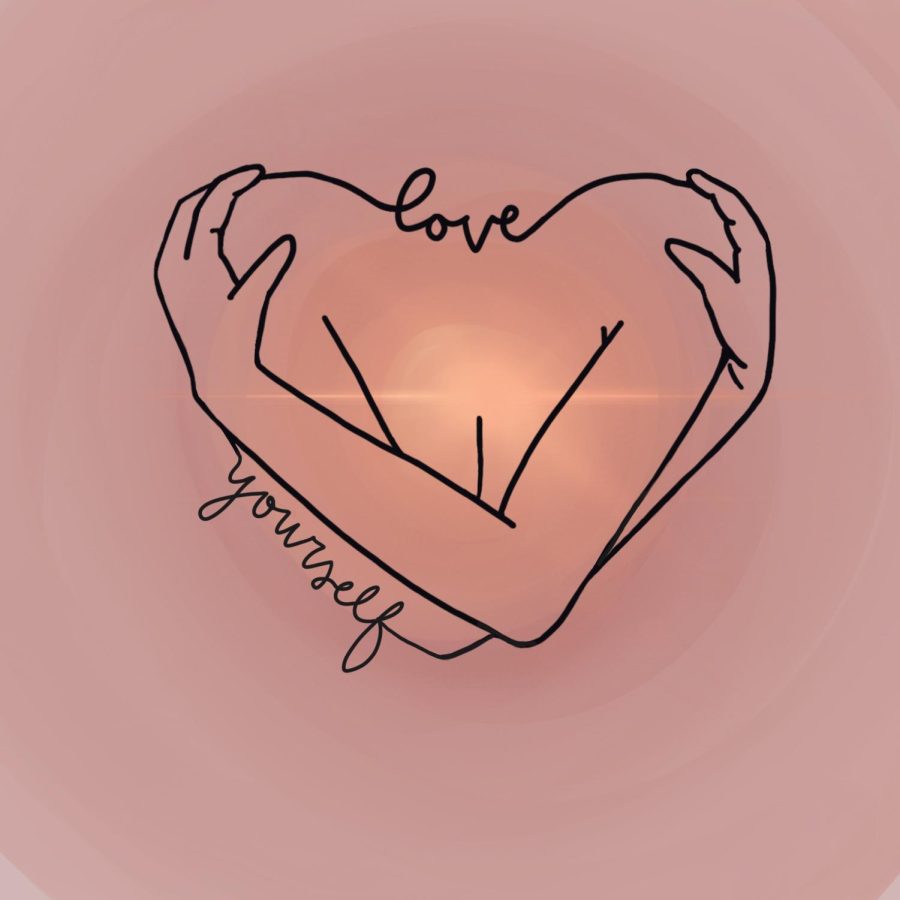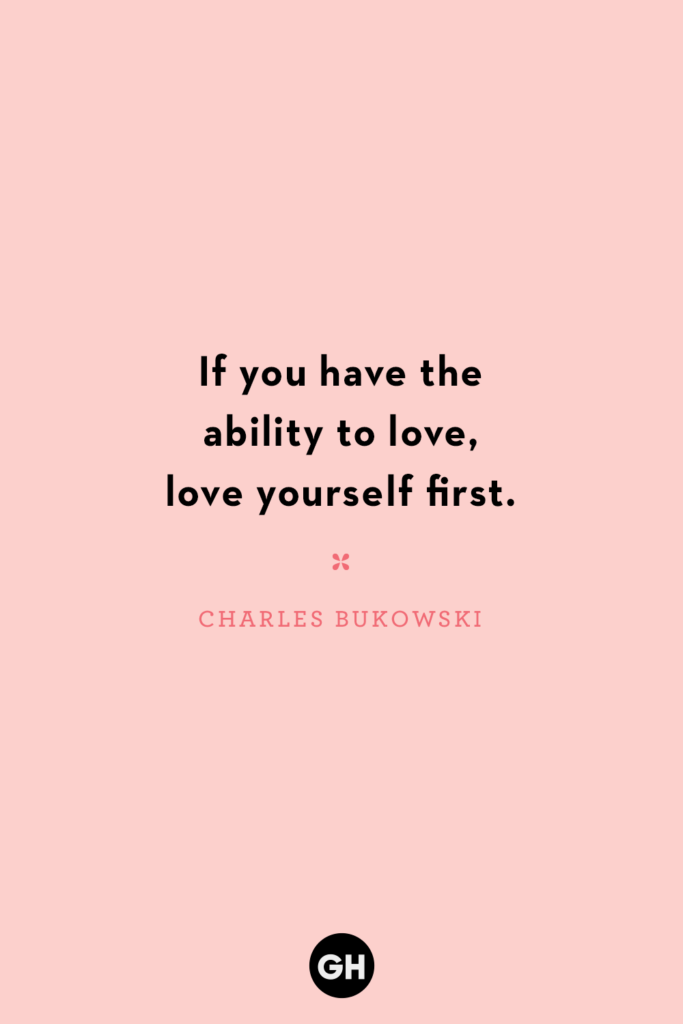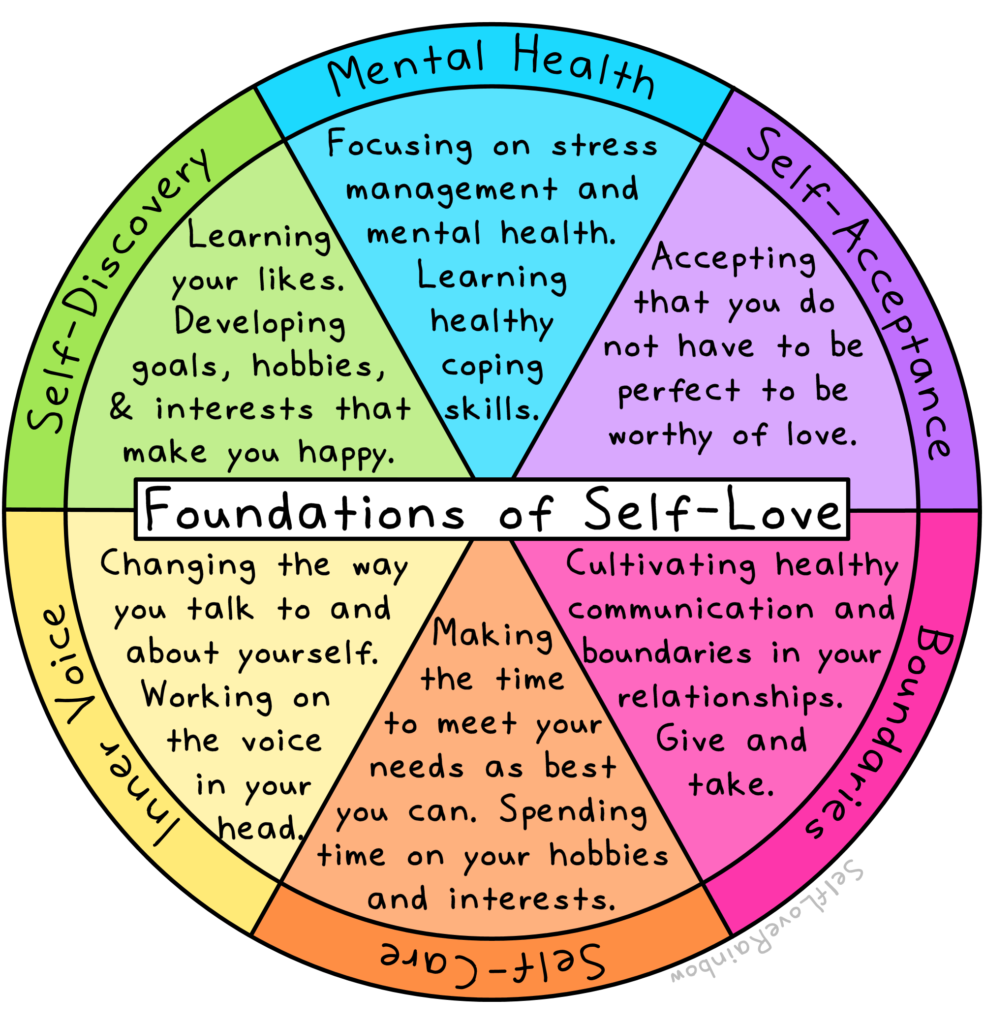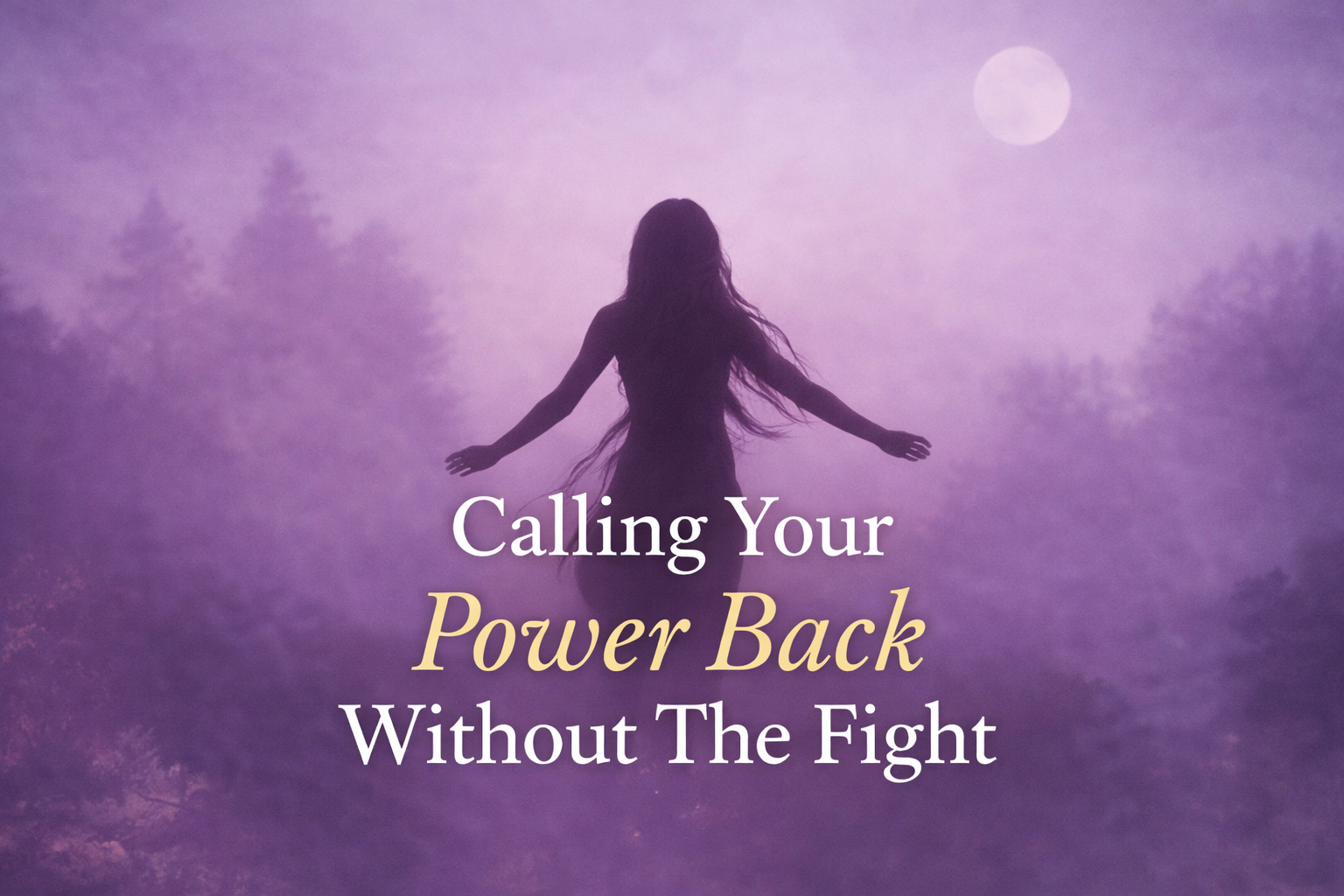Understanding the Concept of the Sacred “No” and The Importance of Conscious Selfishness
In our early years although we may have never come across the phrase “conscious selfishness”, being selfish came naturally to us. We only had to consider ourselves, we were connected to our true self and within the confines of certain parental guidance, free to follow our ‘highest excitement’, such was the charm of early childhood. We were inevitably socialised to be “nice” boys and girls to appease our peers, parents, teachers and in this way we conformed and bent to the will of others.
Society held the belief that being ‘nice’ and ‘selfless’ would guarantee us a seat at the table of social acceptance, promising us the hope of love, belonging, connection and worthiness. Selfishness was considered “bad” and unsavoury and was taught to be repressed, relegated to the shadowy corners of consciousness. This contributed to an environment where being seen as nice overrode our instincts to listen to our own inner spark, this therefore contorted our growth and our ability to enforce healthy boundaries and practise our “sacred no!”
We are not taught that there is a power in embracing conscious selfishness which fosters self care, personal growth, establishes a healthy ego and helps us to set boundaries. We were taught to abandon our own needs in favour of appeasing others.

It is not a matter of being seen as “nice” as it is to be authentic and whole!
Entitlement & The Resistance To Conscious Selfishness
It is interesting to make a note of those who choose to label us selfish when we make a decision to practise conscious selfishness. Who is opposing us when we give ourselves permission to prioritise ourselves? After many years of suffering at the hand of undermining our own self worth, sometimes the critic comes as a voice deeply ingrained within the confines of our mind. Many times however, there are people who benefited from our lack of boundaries and self worth. Pay special attention to people who become upset with you when you enforce a boundary or do not respond to their demands on your time and energy.
The people that are quick to label others selfish are usually unaware of their own sense of entitlement and in truth their inability to bend you to their will, is a projection born of their own selfishness. Entitlement is believing that others owe you something that does not belong to you, whether that’s time, resources or energy. If these things are given at all, they are to be given from a place of freedom and autonomy, not a sense of obligation or duty, unless a person is contracted to do so because of their job.
Even parents, though biologically wired to ensure the survival of their young, do not ‘owe’ the infant their parental care, but instead this drive to nurture and protect is born of instincts.
The Benefits of Embracing Conscious Selfishness: Empowering Yourself and Others

When we embrace selfishness we are sending a signal to our subconscious that is self affirming and inspires self confidence. By prioritising ourselves we are allowing ourselves to feel worthy of the energy we so freely give away.
Self-care and self-prioritisation are essential aspects of leading a balanced and fulfilling life. By taking the time to prioritise your own needs and well-being, you are able to recharge and rejuvenate. This allows you to show up as your best self in all areas of your life, including relationships, work, and personal endeavours.
When you prioritise yourself, you not only empower yourself but also inspire others to do the same. By setting boundaries and making self-empowerment a priority, you become an example for those around you. Your actions demonstrate that it is not only acceptable but necessary to invest in personal development and self-confidence.
Embracing selfishness does not mean neglecting or disregarding others’ needs. It simply means recognising that by taking care of yourself first, you are better equipped to support others effectively. When your cup is full, you have more energy, compassion, and resources to offer those who rely on your support.
Breaking Free from People-Pleasing: Overcoming Guilt and Obligation

You are no longer pleasing anymore! You have taken back your power from those energies that attempted to syphon your energy. You understand the power of conscious selfishness. If you are someone that struggled with poor boundaries this is a major accomplishment. You will notice a sense of confidence beginning to well up from within. You are no longer seeking validation, approval or taking cues from your external environment.
Those that are consciously selfish will notice that they are not as susceptible to manipulative people. Self preservation allows you to take back your power from sneaky, manipulative, narcissistic energies that intend to utilise your energy for their own ends.
It’s taking back power from the various ways that you have habitually given your power away. It’s noticing the patterns, observing the ways that you are intentionally made to feel guilty.
Follow Your Bliss!
It’s choosing what feels aligned. It’s following your bliss, your highest excitement, or your inner spark. Closing the door on toxic people pleasing is releasing yourself from the role of the rescuer. It’s the wounded healer becoming aware of its own capacity to rescue itself. It’s prioritising yourself.
Give yourself permission to be your own patient. You will realise that all these years that you have been codependent, or sensitive to others needs, you were bypassing the state of your own inner landscape. As we become emotionally mature we may start to notice that what we thought was a personality trait, ‘rescuer’ was actually a coping mechanism for our own unattended wounds. We begin to realise that we are our own healer, hero or herione of our own story.
The Art of Setting Boundaries: Nurturing Healthy Relationships and Achieving Balance
Setting boundaries with others is one of the most surefire ways to take back any power that you may have given away and to reclaim your self worth. People will treat you how you allow them to treat you and this is where setting healthy boundaries for the people that you have in your lives, becomes especially important. If you overextend yourself, enable and people please, you communicate a lack of self worth through poor boundaries.
This is a way that you can filter out people in your life that intend to take more than they give. Setting boundaries should not be considered cruel or cold but a healthy method for maintaining balance and harmony in your relationships.
Redefining Selfishness: Recognising the Difference Between Selfishness and Self-Centeredness

This does not mean that you are better than anyone else, on the contrary you may notice the times in your life when you may have behaved with an undeserved sense of entitlement towards others. Ask yourself when have I been needy? When have I been unconscious of another person’s autonomy or right to choose how they direct their energy? Where have I been projecting onto others my own inherent selfishness?
In our society, the terms “selfishness” and “self-centeredness” are often used interchangeably, leading to misconceptions about what it means to prioritize oneself. However, it is crucial to recognize the difference between these two behaviors in order to redefine our understanding of selfishness.
Selfishness is commonly associated with negative connotations, implying a disregard for others and a sole focus on personal gain. On the other hand, self-centered behavior refers to a mindset that places oneself at the center of attention without necessarily harming or neglecting others.
Healthy Selfishness Supporting Self Care
It is important to understand that there is a healthy form of selfishness that allows individuals to care for themselves while still considering the needs and well-being of others. This type of selfishness involves setting boundaries, practicing self-care, and pursuing personal growth, all while maintaining empathy and compassion towards those around us.
By redefining our understanding of selfishness, we can break free from societal stigmas and embrace the idea that taking care of ourselves is not inherently wrong or detrimental. In fact, when we prioritize our own well-being in a balanced way, we are better equipped to show up for others and contribute positively to our relationships and communities.
Let us shift our perspective on selfishness by recognizing its distinction from self-centered behavior. By doing so, we can foster a healthier approach towards caring for ourselves while still considering the needs and happiness of those around us.






One Reflection
Share your reflection below... I’d love to hear how this transmission lands for you.
This reflection space is part of a living temple of dialogue, a place for insight, resonance, and respectful exchange. All comments are read with care and may be lovingly edited for clarity, formatting, or safety before publication. Please share from your heart, speak with kindness, and keep this space high in frequency. Promotional links, aggressive language, or off-topic content will be removed. Thank you for honoring the spirit of this sanctuary.